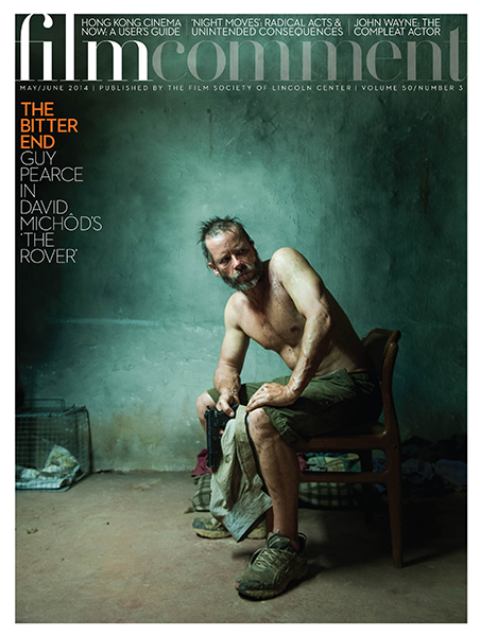
Few contemporary filmmakers have James Gray’s ability or ambition to match exquisite craft with emotionally complex storytelling. At first blush a departure from the director’s four previous features (all set in modern times), this bleeding-heart historical melodrama is more like the troubled soil from which the other films have sprung—a story of sacrifice to foster, define, and haunt future generations.
Ewa (Marion Cotillard) is a Polish Catholic who flees the Great War for America, only to discover new dangers and indignities. After being separated from her tubercular sister at Ellis Island, she’s taken in by Bruno (Joaquin Phoenix), a shambling burlesque showman who puts her on stage and pimps her out on the side. She contends with backstage jealousies, Bruno’s gnarled affections, and the false promise of a dashing magician (Jeremy Renner) all in order to raise bribe money to secure her sister’s release. Though she endures almost as many trials as one of von Trier’s heroines, Ewa is never merely an idea or ideal, and as embodied by Cotillard she exhibits a full spectrum of shame, rage, and defiance.
Meanwhile Phoenix’s Bruno is Cassavetes’ Cosmo Vitelli by way of Raskolnikov, an irreconcilably enervating character spilling over with delusion and insecurity, yet capable of an eleventh-hour Dostoevksian self-reckoning. DP Darius Khondji’s smudged bronze tones evoke Tonino Delli Colli’s work on Once Upon a Time in America, but the film’s intimate interiors are pure Gray—literal and psychic homes to which characters retreat and from which they’re desperate to escape.








